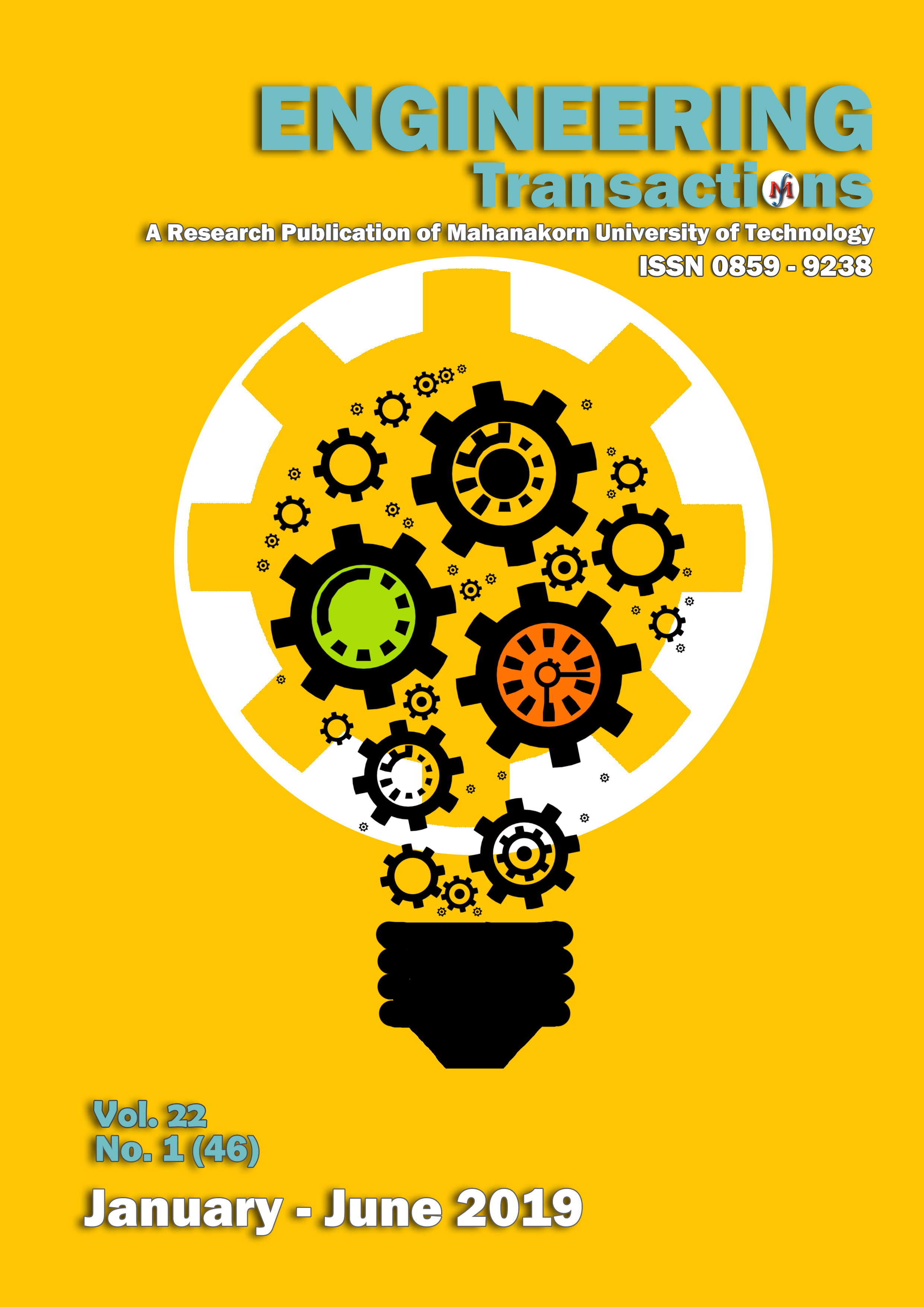Factors Affecting the Acceptance of Linking Data between Government and Business Sectors
Main Article Content
Abstract
This research is a study of Factors Affecting the Acceptance of Linking Data Between Government and Business Sectors. By applying the main theoretical concepts about Technology acceptance theory (UTAUT) and adapted models from the technology acceptance theory (UTAUT) used in the study influence on acceptance and use of open data technology. The concept of digital government development plans for economy and society And the concept of the Open Government Maturity Model (OGMM) to be used in creating a conceptual framework which consists of performance expectancy, Effort Expectancy, social influence, Digital Capabilities, Government Policy Support, Voluntariness of use to study the influence of all factors on the acceptance of data links between government and business sectors. By collecting 420 questionnaires from government and business sectors that used to exchange information on an online network such as one-way communication or two-way communication. That voluntary factors in use Government support Expectation and social influence Affecting the acceptance of government data linkage with statistical significance at the level of 0.05
Article Details
Copyright @2021 Engineering Transactions: A Research Publication of Mahanakorn University of Technology
Faculty of Engineering and Technology
Mahanakorn University of Technology
References
กระทรวงเทคโนโลยีสารสนเทศและการสื่อสาร. (2559). แผนพัฒนาดิจิทัลเพื่อเศรษฐกิจและสังคม จาก เว็บไซต์ www.mict.go.th
กัลยา วานิชย์บัญชา และฐิตา วานิชย์บัญชา. (2561).การใช้ SPSS ในการวิเคราะห์ข้อมูล. กรุงเทพฯ .ศูนย์หนังสือแห่งจุฬาลงกรณ์มหาวิทยาลัย
สำนักงานรัฐบาลอิเล็กทรอนิกส์ (2559). ส่วนนโยบายรัฐบาลอิเล็กทรอนิกส์ จาก เว็บไซต์ https://www.dga.or.th
สิงหะ ฉวีสุข และสุนันทา วงศ์จตุรภัทร. (2555). ทฤษฎีการยอมรับเทคโนโลยีการใช้เทคโนโลยีสารสนเทศ. กรุงเทพฯ. สถาบันเทคโนโลยีพระจอมเกล้าเจ้าคุณทหารลาดกระบัง.
ทวีศักดิ์ กออนันตกูล (2560). ระบบเปิดเผยข้อมูลภาครัฐเพื่อความโปร่งใสและนวัตกรรมใหม่ๆในสังคมไทย
สุชาต อุดมโสภกิจ (2015). การสร้างนวัตกรรมแบบเปิด (open innovation) สำนักงานคณะกรรมการ นโยบายวิทยาศาสตร์ เทคโนโลยีและนวัตกรรมแห่งชาติ (สวทน.)
Achara Suksakorn, Arnon Tubtiang, The Acceptance and Effectiveness of Interactive Online Learning in Virtual Face-to-Face Learning Technology. to be published in International Journal of Innovation and Learning.
Anneke et al., (2015). Acceptance and use predictors of open data technologies: Drawing upon the unified theory of acceptance and use of technology
K. Braunschweig, J. Eberius, M. Thiele, W. Lehner. (2012) OPEN - enabling non-expert users to extract, integrate, and analyze open data. Paper presented at the Datenbank-Spektrum.
Kaasenbrood (2013) An exploration of the use of open government data by private organizations. Contributing to the improvement of governmental policies by examining the current use of open government data by private organizations in The Netherlands.
Kassen, M. (2018b). Open data and its institutional ecosystems: A comparative cross-jurisdictional analysis of open data platforms. Canadian Public Administration, 61(1), 109-129.
Kitchin, R. (2014). The data revolution: Big data, open data, data infrastructures and their consequences. Thousand Oaks: Sage.
Komberger, M., Meyer, R. E., Brandtner, C., & Waterer, M. A. (2017). When bureaucracy meets the crowd: Studying "open government" in the Vienna City Administration. Organization Studies, 38(2), 179-200.
Krimmer, R. (2012). The evolution of e-voting: Why voting technology is used and how it affects democracy (Doctoral Theses Series I: Social Sciences). Tallinn University of Technology, 19.
Lassinantti, J., Bergvall-Karebom, B., & Stahlbrost, A. (2014). Shaping local open data initiatives: Politics and implications. Journal of Theoretical and Applied Electronic Commerce Research, 9(2), 17-33.
Lathrop, D., & Ruma, L. (2010). Open government: Collaboration, transparency, and participation in practice.
MA: O'Reilly Media Inc. Lee, G., & Kwak, Y. H. (2012). An open government maturity model for social media-based public engagement. Government Information Quarterly, 29(4), 492-503.
Linders, D. (2013). Towards open development: Leveraging open data to improve the planning and coordination of international aid. Government Information Quarterly, 30(4), 426-434.
Tim Davies (2010) Open data, democracy and public-sector reform. A look at open government data use from data.gov.uk


